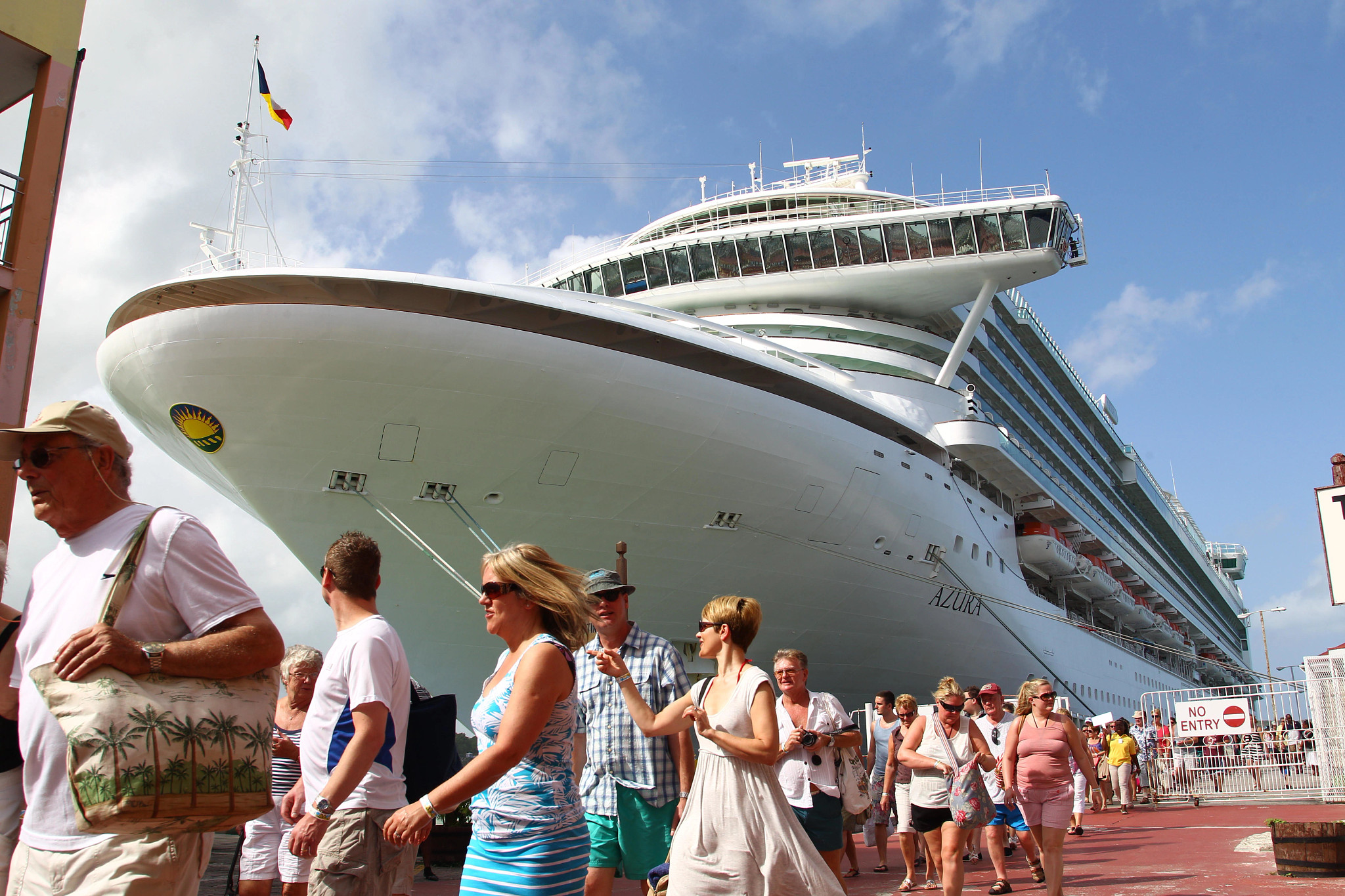AARP Hearing Center

.jpg?crop=true&anchor=8,211&q=80&color=ffffffff&u=2xkwh0&w=1987&h=1142)
The allure of the open seas is hard to ignore. More than 31 million people set off on cruise adventures in 2023, according to the Cruise Lines International Association. The association notes 48 percent of cruise travelers over the past two years are boomers or Generation X. Cruises are popular for the onboard amenities, such as spas, shows and specialty restaurants, and the stops at ports of call. Unpack once and see multiple destinations in one vacation, but be prepared when you disembark, if only to make sure you return before the ship sails away from the cruise port.
In March, eight passengers were stranded on the African island of São Tomé when they were late to return to the Norwegian Dawn after an excursion that wasn’t organized by the ship. They traveled through many countries to make it to the next port. For new-to-cruise travelers, and as a refresher for those who’ve cruised before, here’s what to know when you’re going ashore.
When you’re ready to leave the ship
When your ship docks, venture out on your own or as part of an organized shore excursion. You can book the outing through the cruise line’s website, mobile app or excursions desk on the ship. You can book activities separate from the cruise line through a third-party operator.
Some ports of call may not be accessible for passengers with mobility challenges, so do your research before you book a cruise. Most cruise lines require guests who have special needs to provide details at booking, so the access teams are in the know about anything passengers may need, including wheelchairs, scooter rentals and recommendations for excursions. Crystal Cruises has an Onboard Guest Services department to talk about options at the time of booking.
The cruise line will tell you the “all aboard” time, which is when you need to be back on the ship at the end of the day. Ships take this time very seriously. Expect to see the all aboard time posted on the ship’s mobile app, near the disembarkation gangway and on monitors across the vessel, says Doug Parker, host of Cruise Radio, a podcast for cruisers.
When you disembark, bring the essentials: cruise card (what you use to swipe off and swipe back on the ship), any prescription medications and a fully charged cellphone. Parker says it’s a good idea to have cash in the local currency.




































































.jpg?crop=true&anchor=12,173&q=80&color=ffffffff&u=2xkwh0&w=1929&h=1108)
You Might Also Like
AARP Smart Guide to Cruises
Everything you need to know before booking your next trip
How to Pick the Right Cruise for You
Answer these questions to help you choose a ship
How to Find a Great Vacation Rental
28 tips on planning — and enjoying — time away from home
AARP Members Edition
Your daily source for candid takes on life, comprehensive guides to living well, tips for saving money, inspiring travel, and more – only for AARP membersRecommended for You